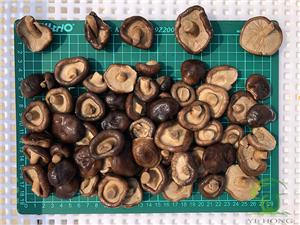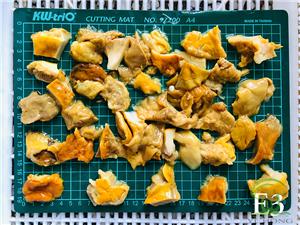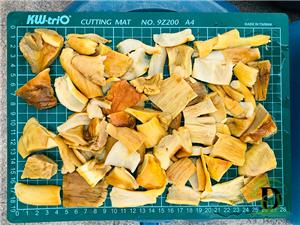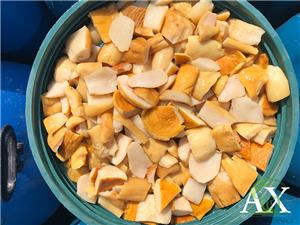How to Avoid Shiitake Mushrooms in Brine from Going Rancid?
Quality and safety are of vital importance in the processing of mushrooms. Recently, the precautions for mushroom processing have attracted widespread attention, especially in the process of pickling and storage. Factors such as salt, ph, tool material, and avoiding oil contact have a direct impact on the quality of the final product. How to avoid the rancidity of shiitake mushrooms in brine has become a topic of common concern for industry practitioners and consumers. Let's take a look at it together!
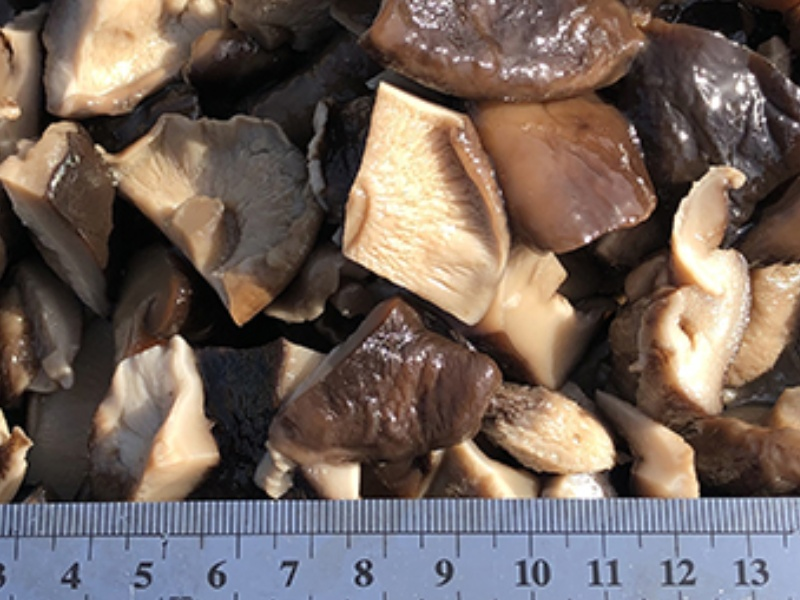
Salt control:
Salt plays a key role in the pickling process of mushrooms. If the salt is insufficient, mushrooms May become rancid after 15 days of pickling, which is manifested by yellowing of the mushroom color and disappearance of the fragrance. This not only affects the appearance and taste, but May also be a symbol of corruption. For minor cases, reprocessing can be carried out by re-adding salt (10-15%); but mushrooms with severe odor should be removed immediately. Salt should be added strictly in proportion during the pickling process. For example, 300 kg of salt is required for every 1,000 kg of finished product to ensure that the mushrooms can fully absorb salt during the pickling process and inhibit the growth of microorganisms, thereby avoiding rancidity.
Acidic environment:
Mushroom processing should be carried out in an acidic environment. Alkaline environment will cause mushrooms to turn black and rot, seriously affecting the quality of the product. Therefore, the ph should be strictly controlled during processing and alkaline substances should be avoided. Citric acid is a commonly used acid regulator, and 3 kg of citric acid can be added for every 1,000 kg of finished product to maintain a suitable acidic environment.
Tool selection:
The selection of processing tools is also crucial. Iron utensils will cause mushrooms to turn black, so they should be avoided. Stainless steel or other non-iron tools are recommended. In addition, the tools should be kept clean during processing to avoid cross contamination.
Avoid contact with oil:
Another detail that needs to be paid attention to is that pickled products cannot come into contact with oil. Oil will shorten the shelf life of the product, so shiitake mushrooms in brine should be strictly avoided from contact with oil substances throughout the processing and storage process. The use of packaging materials (such as polyethylene plastic film bags) and moisture-proof paper that meet the specifications can effectively isolate oil and other sources of pollution.
Although the processing of shiitake mushrooms in brine seems simple, every link contains scientific and technological details. By strictly controlling these key points, not only can the quality of shiitake mushrooms in brine be improved, but also its shelf life can be extended, providing consumers with safer and healthier food choices.
We at yihong require all production line employees to strictly abide by the above shiitake mushrooms in brine processing details!
- Company News
- Industry News
- Product News
- Video

